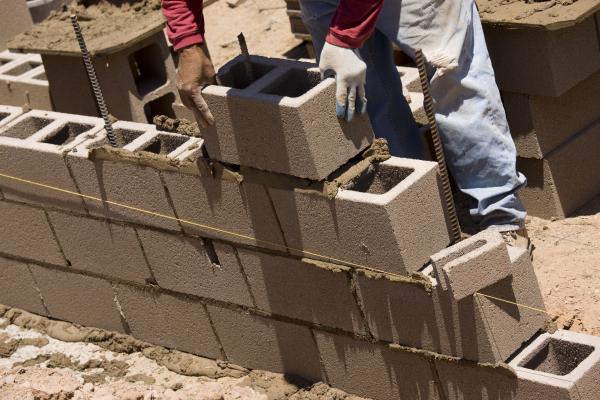I became interested in the politics of immigration in about the most innocent way possible for a student at a conservative Christian college — good ol’ fashioned evangelism. Working on an “impact team” with a local Columbian pastor, we had a few nights of evangelism in large apartment complex that was almost exclusively Honduran. On the first night, I struck up a conversation with a (very) drunk man sitting on a park bench named Carlos. Over the next few months our relationship grew, and we became close friends. Eventually, he had an experience with Christ that changed his life and we came brothers. As members of the same body, this now meant that his burdens were my burdens (Rom 12:15; Gal. 6:2). As Carlos was an undocumented immigrant living in the south, this means that it sure didn’t take long for my burden to become immigration reform
Months after our initial meeting, I looked down at my phone and saw that Carlos was calling—but as I picked it up, the voice on the other line didn’t sound anything like my friend. Instead of a loud and happy voice calling me gringo, the voice was strained, quiet, emotional. I tensed up at the sound of his quivering voice — recognizing immediately that something serious was wrong.
“Hermano,” he started, “You know that I have been working laying brick for the past month?”
“Sure,” I nodded — knowing that he had been working extra-long weeks of 60+ hours lately on a project.
“Well, they were supposed to pay me today for the whole month, but they told me they weren’t going to … because I’m a wetback.”
A chill shot up my back and I froze, my stomach turning. As a privileged white man, this type of situation had never hit so close to home … but in that moment, the raw and relevant injustice hit me like a ton of bricks — and I grew righteously indignant.
Carlos is a very sacrificial man, and he regularly sent large amounts of money home to his family back in Olancho, Honduras. One time, he nonchalantly sold his only car to pay for his grandmother’s medical expenses. Although I would have been angry at any attempt to rob my friend of his work, I was especially upset because I knew he was planning to send the bulk of this money to Honduras for a large, unforeseen family expense.
As his only real friend who spoke English and understood the American context, he asked if I could help. A foolish college freshman aware that I had no idea what I was doing, I quickly agreed. An hour later we were sitting in front of the supervisor’s trailer waiting for him to come home. After a lot of waiting, prayer, threats, and acting like I knew more than I did, Carlos received his payment for the 250 hours he had spent working for the company. Knowing that it could have gone a lot worse, I was thankful for the clear movement of the Holy Spirit.
That night, I laid in my dorm bed conflicted over the emotions I was feeling. Although I was glad for Carlos, I still didn’t feel better. Although tempted to pat myself on the back for helping my lowly immigrant friend, more than anything I felt helpless. I thought of the countless other undocumented brothers and sisters that I knew who worshipped at Carlos’ church. I realized that not everyone suffering these injustices would have an American friend to advocate for them ... and in most cases, that wouldn’t help. In other words, I realized that indeed the problems that Carlos (and so many others faced) were systemic — rooted in the antiquated and broken details of our complex immigration system — an immigration system that for so long has effectively allowed people coming over the border to do the jobs we desperately need them to do while denying them certain right and any chance for them to come legally. Without actually changing the system at the upper levels of political power, undocumented people across America will continue to remain in the “ready-made pool of victims” (as a policeman friend put it) as they are regularly mistreated and abused in the workplace and targeted for crimes with no recourse available to them.
Though I would love to tell you that this was the last time that Carlos faced such injustice, it is not. However, Carlos is still here working, sending money back, and thriving in his local church. Now working full-time with faith groups on immigration reform, I sometimes get bogged down in the details and cynicism of the political world. Whenever I start to drift, I feel the Holy Spirit bringing me back to my Carlos, grounding my work in the pain and hope of a dear brother.
Matthew Blanton works across the Carolinas with the Evangelical Immigration Table, encouraging Christians to think biblically about immigration and advocate at the political level. Matthew and his wife Ashley graduated from Fuller Seminary with degrees in Intercultural Studies and are preparing to move to Guatemala (when immigration reform passes) to work on organic church planting and community development.
Image: Cinder brick laying, Lou Oates / Shutterstock.com
Got something to say about what you're reading? We value your feedback!
